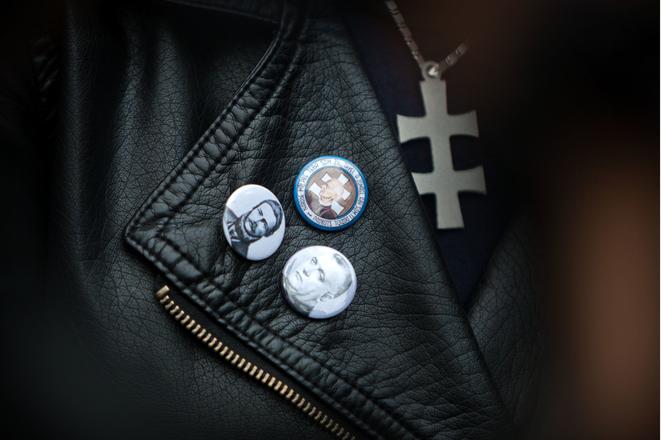Slovaks are dissatisfied with politicians, saying they do not act in the interest of the public, abuse power and do not deal with their scandals. This stems from the latest poll carried out by the Focus agency for the INEKO think tank, which suggests that up to 43 percent of respondents think the quality of democracy in Slovakia has worsened in the past five years, the Denník N daily reported.
As many as 40 percent of Slovaks considers democracy in Slovakia bad or even miserable, while only 26 percent are satisfied. The most satisfied are Smer voters, while the most frustrated respondents are supporters of the parties led by Marian Kotleba and Boris Kollár.
The poll addressed 1,020 respondents altogether at the turn of October and November. INEKO then compared the results with the survey carried out among 81 personalities and entrepreneurs, Denník N wrote.
In the survey, INEKO also asked about alternatives to the current state. Most people would consider as improvements such actions as increasing the independence of prosecutors offices and judiciary, bigger engagement of decent people in public administration, and improving democracy, but also direct democracy and referendums.
Up to one quarter of respondents would support a dictatorship, while 28 percent say they would welcome the return of socialism. Moreover, as many as 35 percent of Slovaks would support a departure from the EU and more than 40 percent expect the arrival of a strong leader and strengthening of his powers when ruling the state, as reported by Denník N.
Most of the voters of Kotleba’s People’s Party – Our Slovakia (ĽSNS) and Kollár’s We Are Family (Sme rodina) movement do not see any connection between their life and the quality of democracy. They are thus inclined more towards the possibility of leaving the system, said INEKO head Peter Goliaš.
On the other hand, voters of Freedom and Solidarity (SaS) and Ordinary People and Independent Personalities (OĽaNO-NOVA) see the relation between the quality of democracy and their life, similar to people with higher educations and incomes who use the internet regularly, students and entrepreneurs.
The voters of ĽSNS and We Are Family also prevail when it comes to leaving the EU. In addition, this option would be supported by inhabitants of Banská Bystrica and Prešov Regions, people with net incomes between €500 and €700, parents on maternity leave and people with basic education, said Martin Slosiarik of Focus.
The paradox is that a dictatorship is supported mostly by voters of We Are Family, and not ĽSNS, Slosiarik added.
When asked about the reasons for democracy’s failures, respondents pointed mostly to the behaviour of politicians who work for their own interest or for allied entrepreneurs, stealing the state’s property or the low law enforcement. This opinion is represented by up to 80 percent of Slovaks, Denník N reported.
This dissatisfaction may result in the increase in extremist and populist parties, INEKO analysts warn. On the positive side, many Slovaks still see an alternative in strengthening democratic institutions and the independence of courts and the police, according to the daily.


